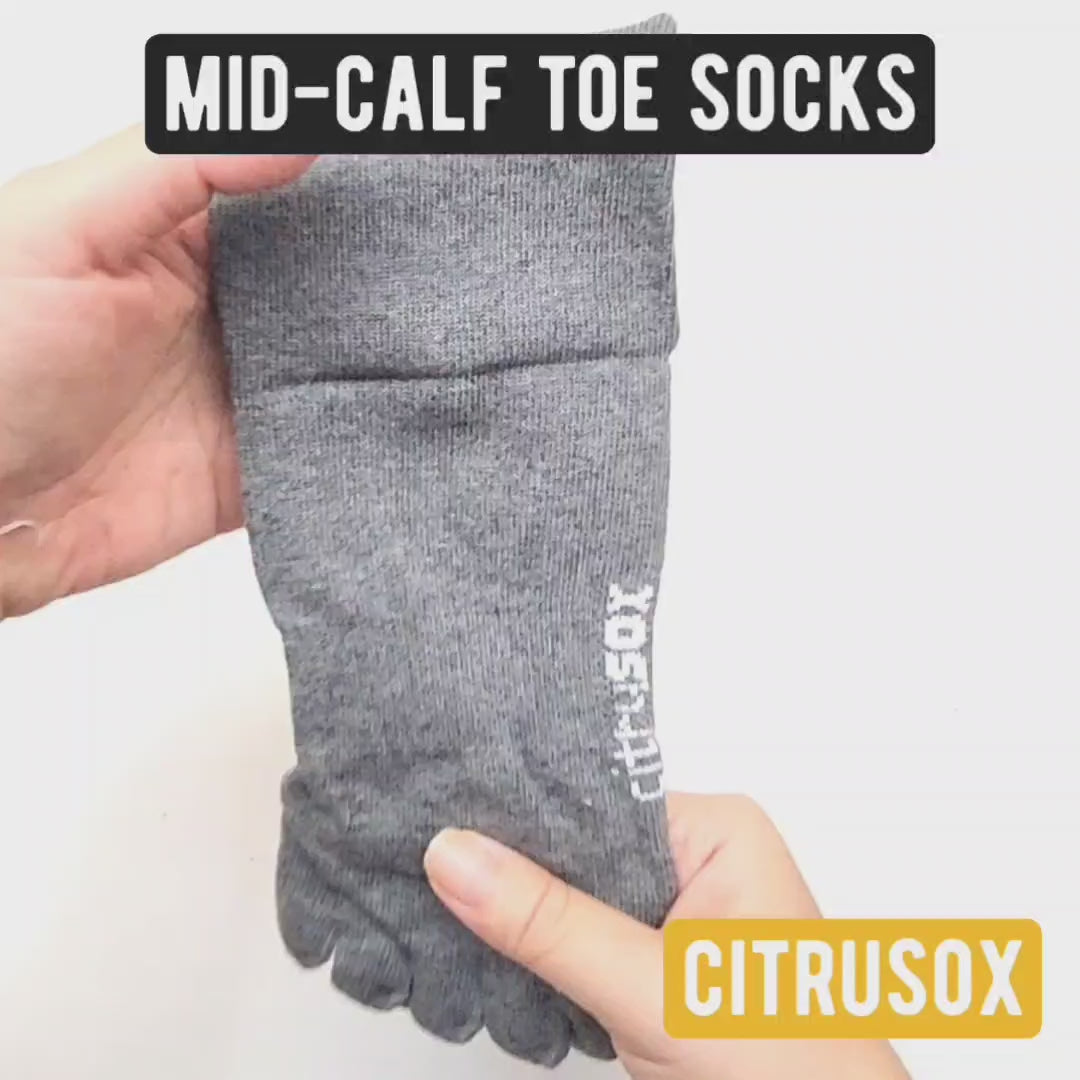Leg cramps are sudden, involuntary contractions of your leg muscles that can cause intense pain. They can occur during the day or at night, and they can affect any muscle in your leg, but they most commonly occur in the calf muscles.
Leg cramps can be caused by a variety of factors, including:
Dehydration
When you don't have enough fluids in your body, your muscles can become dehydrated and more likely to cramp.
Muscle fatigue
If your muscles are overworked or fatigued, they are more likely to cramp.
Electrolyte imbalance
Electrolytes are minerals that help your muscles contract and relax properly. An imbalance in electrolytes, such as low levels of magnesium or potassium, can also lead to leg cramps.
Poor circulation
If you have poor circulation, your muscles may not receive enough oxygen and nutrients, which can make them more prone to cramping.
Certain medications
Some medications, such as diuretics and statins, can increase your risk of leg cramps.
Underlying medical conditions
Certain medical conditions, such as diabetes, kidney disease, and liver disease, can also increase your risk of leg cramps.
In most cases, leg cramps are harmless and go away on their own within a few minutes. However, they can be very painful and disruptive, especially if they occur frequently.
How to Prevent Leg Cramps
There are a number of things you can do to prevent leg cramps, including:
Stay hydrated
Drink plenty of fluids throughout the day, especially if you are exercising or sweating a lot.
Stretch regularly
Stretching your muscles before and after exercise can help to prevent cramps.
Maintain a healthy electrolyte balance
Eat a balanced diet that includes plenty of fruits, vegetables, and whole grains. You can also talk to your doctor about taking an electrolyte supplement.
Wear compression socks
Compression socks can help to improve circulation in your legs and reduce muscle fatigue, both of which can help to prevent leg cramps.
How Citrusox Compression Socks Can Help
Compression Socks from Citrusox are designed to provide graduated compression to your legs, which means that the compression is strongest at the ankle and gradually decreases up the calf. This graduated compression helps to improve circulation in your legs and reduce muscle fatigue, both of which can help to prevent leg cramps.
Here are some compression socks from Citrusox that can provide you graduated compression:
- Graduated Compression Socks
- Compression Marathon Socks
- Graduated Compression Cycling Socks
- Compression Cycling Sports Socks
- Gripper Arch Support Compression Knee Socks
- Compression Marathon Sports Knee Socks
- Compression Multi-Function Spors Knee Socks
Compression Socks from Citrusox are also made from high-quality materials that are breathable and comfortable to wear. This means that you can wear them all day long, even during exercise, without feeling uncomfortable.
Additional Tips for Preventing Leg Cramps
In addition to the tips above, there are a few other things you can do to prevent leg cramps:
Avoid caffeine and alcohol
Caffeine and alcohol can dehydrate your body and make you more prone to cramping.
Warm up before exercise
Warming up your muscles before exercise can help to prevent them from cramping.
Cool down after exercise
Cooling down after exercise can help to prevent muscle fatigue and cramping.
Massage your legs
Massaging your legs can help to improve circulation and reduce muscle tension.
If you experience frequent or severe leg cramps, talk to your doctor. They can help you determine the underlying cause of your cramps and recommend treatment options.
With a few simple lifestyle changes and the help of Compression Socks from Citrusox, you can help to prevent leg cramps and keep your legs feeling their best.















